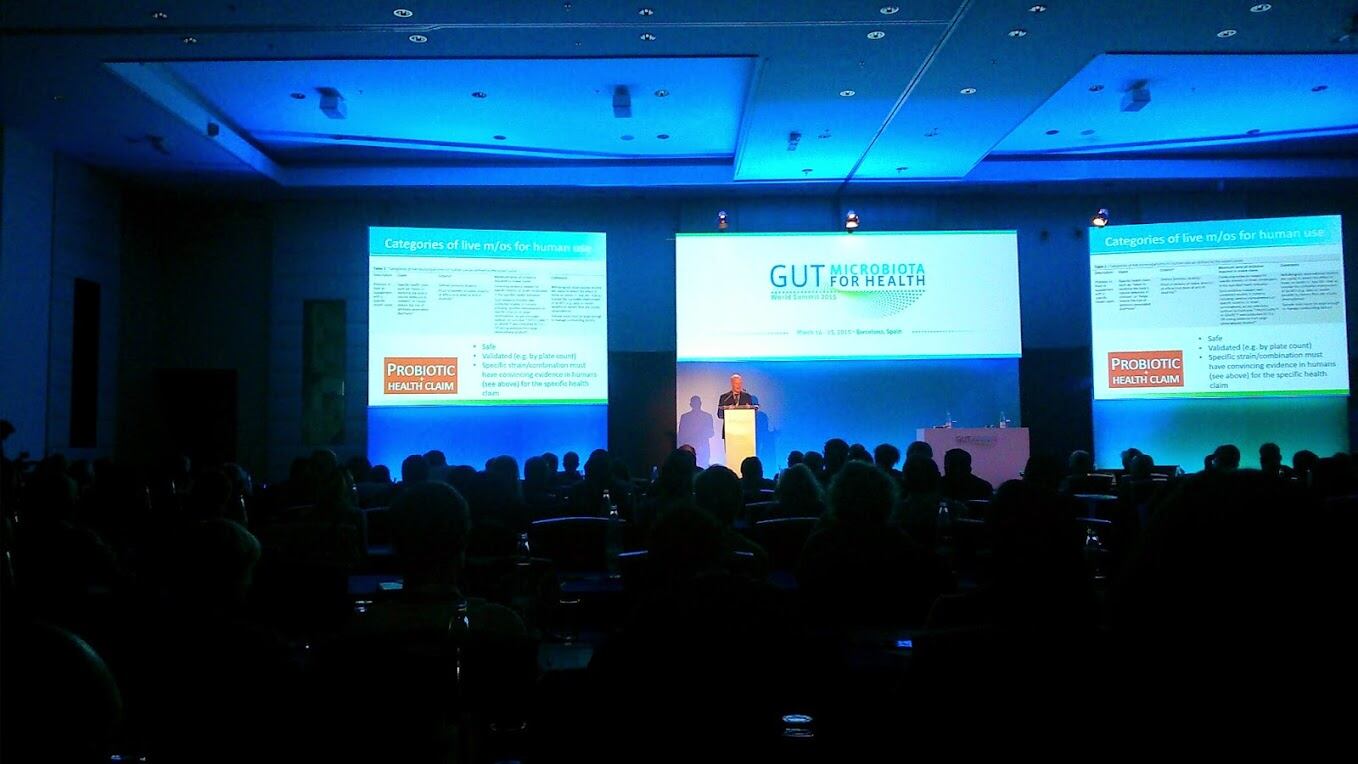“Can we reclaim the word probiotics?” posited Colin Hill, PhD, a microbiologist from Cork University and a member of the International Scientific Association for Probiotics and Prebiotics (ISAPP).
Dr Hill said recently reworked, ISAPP-backed definitions and concepts for probiotics published last year in Nature Reviews: Gastroenterology & Hepatology can help a sector that has faced 300+ health claim rejections in the EU since 2008.
In addition to regaining the term ‘probiotic’ as a marketing tool and product descriptor, Dr Hill said other descriptions that had been deemed implied health claims like ‘live and active cultures’ “should be returned to public use”.
Dr Hill explained ISAPP’s position that divided probiotic health claims into sub-categories with varying levels of data required:
- Live-active – no efficacy studies needed. Not a specific claim.
- Probiotic – bacterium should be a member of a specific species supported by evidence of general beneficial effect in well conducted human study.
- Probiotic + health claim – data should be sufficient for health claim.
- Probiotic drug – must meet relevant medicines law.
“For probiotic plus health claims you need significant evidence,” Dr Hill said. “Although we would argue with authorities about what significant evidence is.”
New probiotic strains needed to “let data accumulate” before being considered as substantiated.
He said overall research efforts had been hit by the EU blockade. “The early promise has somewhat abated and research is slowing.”
Under the EU nutrition and health claims regulation (NHCR), terms like ‘probiotic’ and ‘prebiotic’ have been deemed unauthorised implied health claims since December 2012, although a prebiotic-gut function like claim was approved last year by the European Food Safety Authority (EFSA).

Dr Hill noted the sector reputation was not helped by claim and product abuse with the likes of probiotic mattresses and floor cleaners on the market.
ISAPP continued to endorse the World Health Organization (WHO) definition of a probiotic as a “live microorganisms that, when administered in adequate amounts, confer a health benefit on the host”, albeit with a minor grammatical alteration.
Few regulatory systems around the world permit probiotic-based claims – Canada, Switzerland, Italy and Japan being notable exceptions.
ISAPP consensus
The essential ISAPP position is that gut health is a core probiotic benefit for a number of strains.
Health Canada has recognised certain strains of the Bifidobacterium and Lactobacillus species for gut health.
“The panel concluded that the general benefit of supporting a healthy digestive tract was reinforced by evidence gathered on a large number of different probiotic strains representing commonly studied species,” they continued.
“This conclusion was based on a body of available research, including high-quality meta-analyses, on a diversity of clinical end points (such as infectious ), as well as potential mechanistic actions suggesting that most strains of these species can be expected to have such ‘generic’ or ‘core’ effects on gut physiology and health.”
